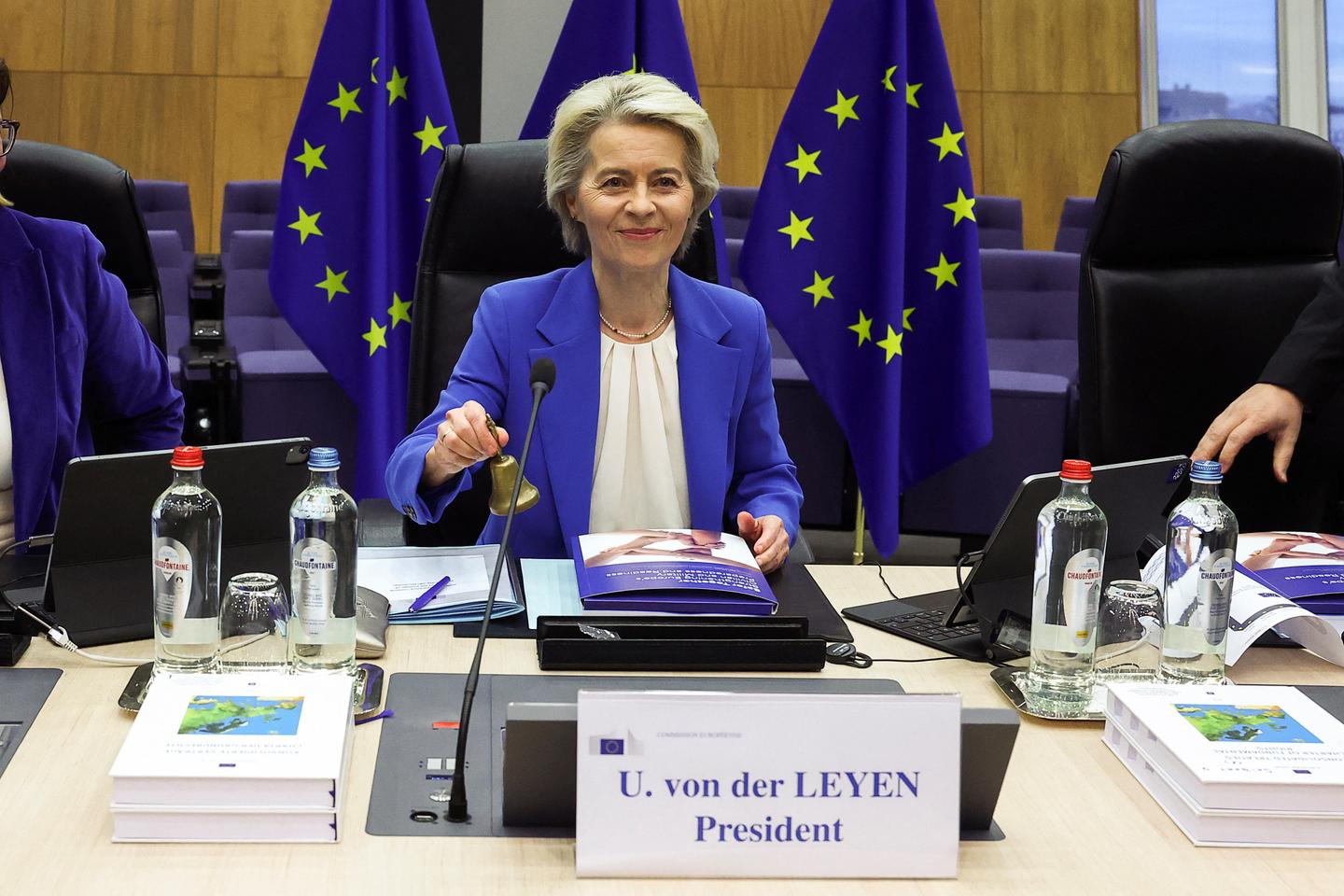


Since President Emmanuel Macron on June 9 dissolved France's Assemblée Nationale, sparking upheaval in French political life, Brussels has faced numerous questions and concerns. The appointment of Michel Barnier as prime minister on September 5 had, in a way, reassured the European Union's institutions. After all, it was thought that if the former European commissioner had been able to negotiate post-Brexit agreements with London, he would be in a position to ensure a degree of pro-European stability in France.
The no-confidence vote against Barnier's government on Wednesday, December 4, has rekindled fears that France is politically unstable, incapable of reform and economically weak. "In a very right-wing Europe, with a strong European People's Party, people are more worried about France going badly, which could weaken the eurozone, than about the prospect of the [far-right] Rassemblement National one day coming to power," said a senior European official. He explained: "The far right is involved in several governments in Europe. It is in power in Italy, with Giorgia Meloni. From that point on, Marine Le Pen's arrival at the Eysée is no longer so frightening."
Weakened economically and politically, "France can only be weakened on the European stage," said Sébastien Maillard of the Institut Jacques Delors. Nathalie Loiseau, an MEP from the Horizons party (part of Macron's coalition), spoke of the "very great concern among our partners in Brussels." This concern is accentuated by Germany's recession and Chancellor Olaf Scholz's preoccupation with domestic political issues, with only two months remaining until the federal elections, leaving EU affairs on the back burner. "This reinforces the difficulty of the Union in reacting to the challenges" posed by the war in Ukraine, the economic decline of Europe and the election of Donald Trump in the US, said Loiseau.
A little respite
For the time being, France's interests are hurt by a European agenda with no major immediate issues at stake. The new Commission, which took office on December 1, is just beginning to settle in. In the short term, France, which has been placed under an excessive deficit procedure, will nevertheless have to convince its partners, and even more so the markets, of its plan to restore fiscal health. The plan, approved by the Commission on November 26, calls for reducing the public deficit from 6.1% of gross domestic product in 2024 to 5% in 2025, and to 2.8% in 2029, below the threshold of 3% enshrined in the Maastricht Treaty.
You have 62.8% of this article left to read. The rest is for subscribers only.
